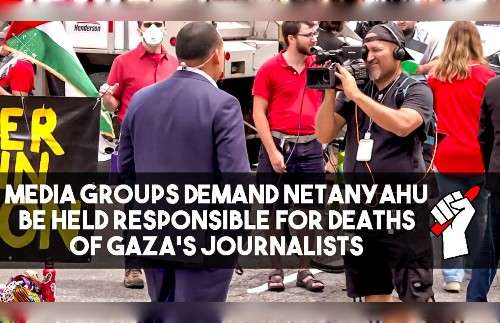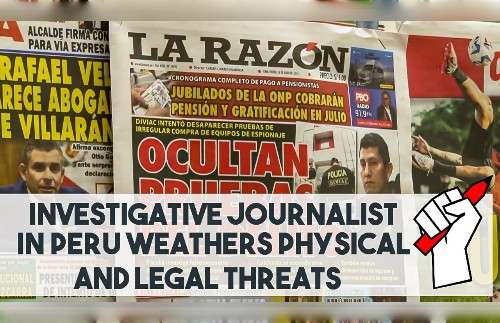
After a strike movement within the public audiovisual sector, during which a hundred employees expressed their support for the demonstrations by leaving their posts, “Russian specialists” were mobilized to replace some of them. Reporters Without Borders (RSF) denounces a manipulation aimed at maintaining strict control over the state media.
Belarusian President Alexander Lukashenko warmly thanked the Russian channel RT (ex- Russia Today ) on Tuesday 1 September for its help. “Russian specialists” indeed came to replace employees of public television in Belarus, the day after their strike movement initiated on August 17.
As a protest movement against the fraudulent presidential election results has rocked the country for nearly a month, around 300 employees of Belteleradiocompany ( BT) , the national radio and television company, have abandoned their posts and around 100 resigned, in support of the demonstrators. Other public channels, Stalitsa , ONT , and STV , were also affected by departures. The absence of these collaborators – cameramen, editors, IT specialists – has paralyzed the operation of the news channels.
BT director Alyona Martinovskaya claims to have been prevented from going to her workplace on August 19 after expressing her support for the protesters, who she said was replaced by Russian employees. These “specialists” would work in the newsrooms to take charge of the airing, editing and editing. Alexander Lukashenko himself confirmed on August 21 that “two or three groups of Russian journalists” had been invited to collaborate on Belarusian television channels.
This is also what BT employees told the Russian daily RBC , on condition of anonymity. The first RT team , visible on August 18, was made up of five technicians and IT specialists, in addition to Konstantin Prydybaylo, a former BT employee who is currently RT’s correspondent in the country. Returning to Russia a few days later, she was immediately replaced by another team.
These privileged links between RT and BT can be seen even in the content broadcast since the start of the strike movement. The BT regularly uses footage shot by the team RT based in Minsk and prefers to use “experts” on Russian and Ukrainian plateaus rather than coverage of current events, according to an analysis of the Belarusian consulting firm Sense Analytics .
“While Gennady Davydko, former director of BT, said on August 27 that ‘the state media are working to stabilize the situation when the foreign media are trying to destabilize it’ , a double standard applies for these Russian teams came to maintain the propaganda of the power in place , declares the head of the Eastern Europe and Central Asia office of RSF, Jeanne Cavelier. These strike breakers are working to disseminate biased information, with new techniques and refuse to objectively cover the dynamics at work in the country .”
Led since 1994 by Alexander Lukashenko, who holds his re-election every five years from the first round, Belarus occupies the 153rd place out of 180 countries in RSF’s 2020 World Press Freedom Index .
Copyright ©2016, Reporters Without Borders. Used with the permission of Reporters Without Borders(RSF), CS 90247 75083 Paris Cedex 02 https://rsf.org
Escaping from Scam Center on Cambodia’s Bokor Mountain
UN Security Council Meets to Discuss Children and Armed Conflict
10 Shocking Revelations from Bangladesh Commission’s Report About Ex-PM Hasina-Linked Forced Disappearances
Migration Dynamics Shifting Due to New US Administration New Regional Laws
UN Security Council Meets to Discuss the Maintenance of International Peace and Security and Artificial Intelligence
Winter Brings New Challenges for Residents living in Ukraine’s Donetsk Region
Permanent Representative of Israel Briefs Press at UN Headquarters
Hospitals Overwhelmed in Vanuatu as Death and Damage Toll Mounts from Quake
Subscribe Our You Tube Channel
Fighting Fake News
Fighting Lies




















